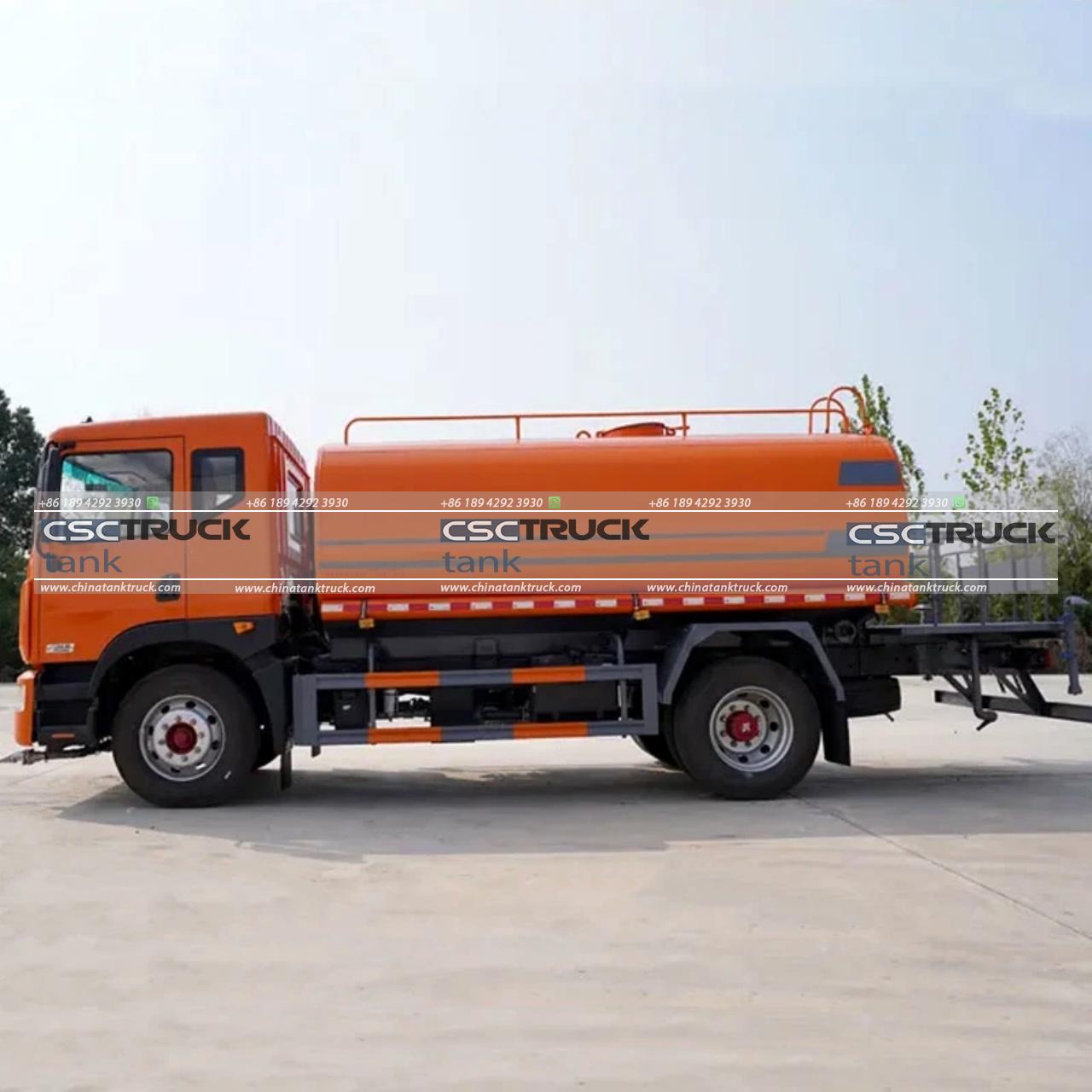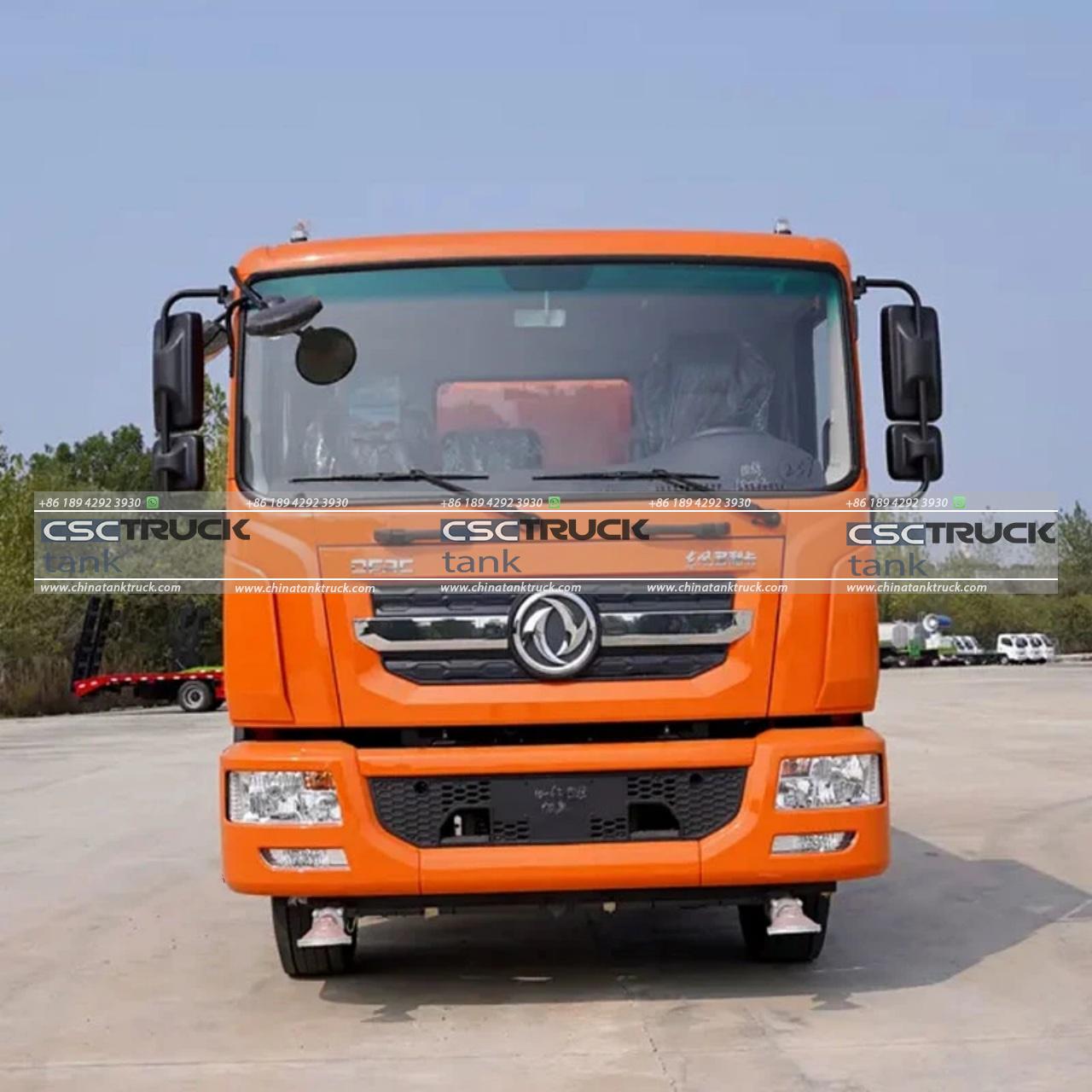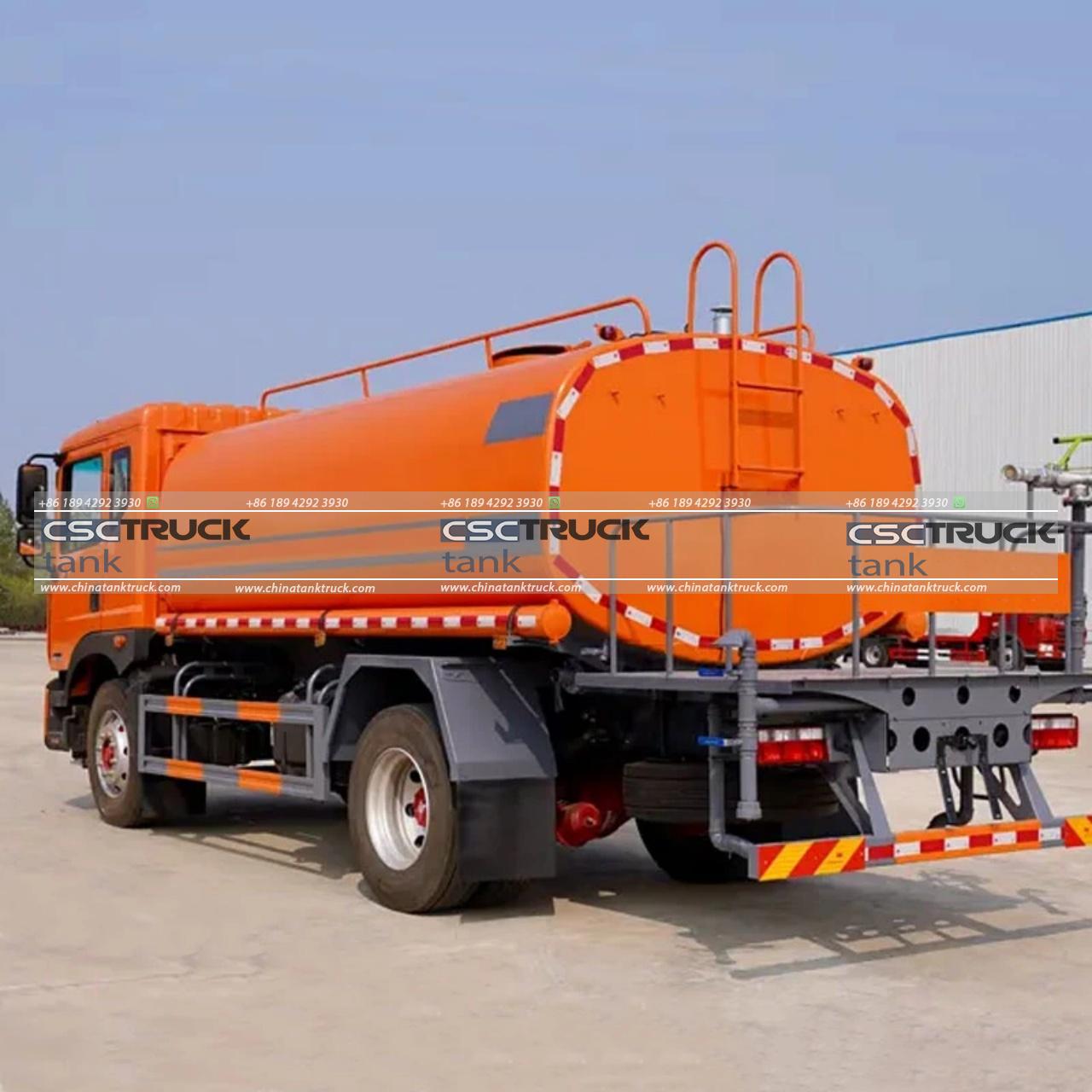What is a Water Truck Called?
Water tank trucks, often simply referred to as water trucks, are specialized vehicles designed to transport and distribute water. They play a vital role in a variety of industries, including construction, agriculture, firefighting, and public utilities. This article will delve into the details of what a water tank truck is, its different types, and its various applications.
Understanding Water Trucks
A water tank truck, as the name suggests, is a truck equipped with a large tank for transporting water. These vehicles are essential in areas where water needs to be delivered, whether for industrial use, irrigation, or emergencies. The water tank on these trucks is typically made of durable materials such as steel, aluminum, or fiberglass to withstand the weight and pressure of the water inside.
Water trucks are not only used for transporting water but are also designed to distribute it efficiently. They are equipped with pumps, hoses, and spray nozzles, allowing operators to control the flow and direction of the water. This makes them extremely versatile, as they can be used for tasks ranging from dust suppression on construction sites to firefighting.

Different Names for Water Trucks
Water tank trucks are known by various names depending on their specific use, design, and the region in which they are used. Some of the common names include:
1. Water Truck: The most generic and commonly used term, referring to any truck equipped with a water tank for transportation and distribution.
2. Water Bowser: In many countries, especially in the UK and parts of Africa, the term “bowser” is used to describe a water tank truck. The term is also used in some military contexts.
3. Water Carrier: In agricultural and rural settings, a water tank truck might be referred to as a water carrier, highlighting its role in transporting water over long distances.
4. Water Sprinkler Truck: When a water tank truck is specifically equipped with sprinklers for dust control or irrigation, it is often referred to as a water sprinkler truck.
5. Firefighting Water Tanker: When equipped with specialized firefighting equipment, these trucks are called firefighting water tankers and are used by fire departments to supply water in areas without hydrants.
6. Portable Water Truck: In some contexts, particularly in emergency response or in areas where water is scarce, these vehicles may be called portable water trucks, emphasizing their role in delivering potable water to remote locations.
Types of Water Trucks
Water tank trucks come in various designs, tailored to meet specific needs. Here are some of the most common types:
1. Standard Water Truck: These are the most common type of water tank trucks, used across various industries. They typically feature a large tank mounted on a truck chassis, with a pumping system and hoses for water distribution.
2. Off-Road Water Truck: Designed for use in rugged terrain, off-road water trucks are commonly used in mining, logging, and large-scale construction projects. They are built on heavy-duty chassis with enhanced suspension systems to navigate rough landscapes.
3. Firefighting Water Tanker: These water tank trucks are specially designed for firefighting. They come equipped with high-capacity pumps, hoses, and sometimes even foam-dispensing systems to help combat fires in areas without immediate access to a water source.
4. Agricultural Water Truck: In agricultural settings, water tank trucks are used for irrigation, livestock watering, and even crop dusting. These trucks are often equipped with specialized nozzles to ensure even water distribution over large fields.
5. Potable Water Truck: These trucks are designed to transport drinking water. They are constructed with materials that prevent contamination and often feature additional filtration systems to ensure the water remains safe for consumption.
6. Vacuum Water Tank Truck: Some water trucks are equipped with vacuum systems to not only transport water but also collect and remove wastewater from septic systems, construction sites, or flooded areas.

Applications of Water Trucks
Water tank trucks serve a wide range of purposes across different industries. Here are some of their most common applications:
1. Construction: One of the primary uses of water tank trucks is in the construction industry. These trucks are used to control dust on construction sites by spraying water on the ground. They are also used to provide water for concrete mixing, soil compaction, and even cleaning construction equipment.
2. Agriculture: In farming, water tank trucks play a crucial role in irrigation, especially in areas where natural water sources are scarce. They are also used to transport water to livestock in remote pastures and to distribute liquid fertilizers or pesticides.
3. Firefighting: In areas without easy access to fire hydrants, water tank trucks are vital for firefighting operations. These trucks can carry large volumes of water to the scene of a fire, providing firefighters with a steady supply of water to combat the flames.
4. Municipal Services: Water tank trucks are often used by municipalities for street cleaning, park maintenance, and even to fill public swimming pools. They are also deployed in emergencies to provide drinking water to residents during water shortages or contamination incidents.
5. Mining and Quarrying: In mining and quarrying operations, water trucks are used for dust suppression, cooling machinery, and even for washing down equipment. The rugged design of off-road water trucks makes them ideal for these demanding environments.
6. Environmental Control: Water tank trucks are also used in environmental control applications, such as controlling dust on unpaved roads, reducing air pollution, and even in the containment of hazardous spills by washing down affected areas.
The Importance of Water Trucks
Water tank trucks are an indispensable tool in many industries, providing a reliable and efficient means of transporting and distributing water. Their versatility allows them to be adapted to a wide range of applications, from firefighting to agriculture, making them a crucial asset in both urban and rural settings.
As water scarcity becomes an increasingly pressing issue worldwide, the role of water tank trucks in water conservation and management will likely grow. Innovations in water truck design, such as more efficient pumps, better filtration systems, and environmentally friendly materials, will continue to enhance their effectiveness and sustainability.

In conclusion, whether referred to as a water truck, water bowser, or firefighting water tanker, these vehicles are essential for ensuring that water is available where it is needed most. Their ability to transport and distribute water efficiently makes them a vital resource in a world where water is one of our most precious commodities.

